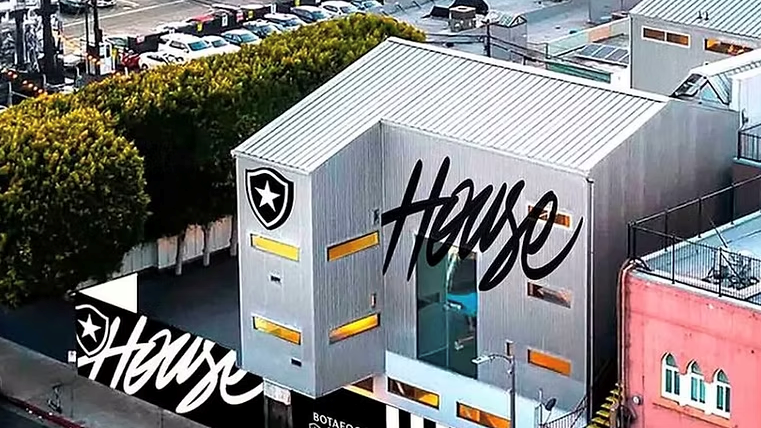June 24 – The FIFA Club World Cup has become more than just a tournament – it’s evolved into a masterclass in global brand expansion that’s reshaping how football clubs think about connecting with supporters across continents.
This has become a sophisticated marketing revolution where these institutions are planting flags in virgin territory, establishing beachheads that could pay dividends for decades to come.
The blueprint is deceptively simple. Clubs are creating branded ecosystems that go far beyond the traditional matchday experience. These aren’t pop-up shops selling scarves and replica shirts – they’re immersive environments designed to capture the essence of what makes each club unique.
The components tell the story: bespoke branded environments featuring club shops, themed installations, and memorabilia that transport fans straight to the Bernabéu or Parc des Princes.
Daily programming keeps the energy alive with match screenings, meet-and-greets with club legends, music sessions, fitness clinics, and football coaching – turning casual interest into genuine engagement.
Meanwhile, commercial activation ensures these ventures aren’t just vanity projects. Sponsor visibility, exclusive merchandising, limited-edition products, and strategic fan data collection create multiple revenue streams while building the foundation for future growth.
The standout examples read like a playbook for international expansion:
- Atlético de Madrid went all-in with Casa Atleti in Los Angeles – a multi-day experience featuring rooftop football, live music, retail space, coaching clinics, and cultural activations positioned in the heart of Hollywood.
- Paris Saint-Germain established PSG House on Melrose Avenue, creating a lifestyle-focused venue that perfectly captures their brand evolution. Fashion, technology, wellness zones, podcast studios, and strategic partnerships with EA Sports and Qatar Airways – this is football as a lifestyle brand.
- Flamengo chose Orlando’s ICON Park for Casa Flamengo, targeting Florida’s Brazilian diaspora with match screenings, samba music, local food, and ambassador appearances. Smart targeting of an established demographic.
- Fluminense claimed prime real estate near Times Square for Casa Fluminense, bringing Brazilian cuisine and Tricolor culture to New York’s melting pot.
- Botafogo took a different approach with their Venice Beach location, creating concerts, beachside football activities, and watch parties that felt authentic to both the club’s character and the California vibe.
The 2025 CWC has proven that modern football tournaments aren’t just sporting competitions – they’re launching pads for global brand colonisation. The emergence of these structured, branded fan environments represents a fundamental shift in football marketing strategy.
Contact the writer of this story, Nick Webster, at moc.l1750769118labto1750769118ofdlr1750769118owedi1750769118sni@r1750769118etsbe1750769118w.kci1750769118n1750769118
